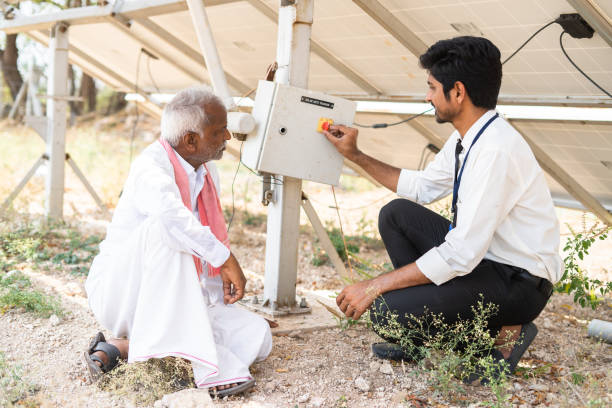Anal abscesses are painful collections of pus that develop near the anus, often resulting from infection in the anal glands. Traditional treatment methods typically involve surgical drainage, which can be associated with discomfort, longer recovery times, and potential complications such as fistula formation. However, advancements in medical technology have introduced innovative treatment options that offer improved outcomes for patients suffering from this condition. One such advanced option gaining prominence in Tehran is laser therapy for anal abscess management.
Laser treatment for anal abscesses represents a minimally invasive approach that utilizes focused light energy to precisely target and eliminate infected tissue while promoting faster healing. In Tehran, where access to cutting-edge medical technologies is expanding rapidly, several specialized clinics and hospitals now offer laser-based interventions performed by experienced colorectal surgeons. This method reduces tissue damage compared to conventional surgery because it avoids large incisions and extensive manipulation of surrounding areas.
The procedure typically involves inserting a thin laser fiber into the abscess cavity under local or general anesthesia. The laser energy then vaporizes the infected material and seals blood vessels simultaneously, minimizing bleeding during the process. Additionally, the heat generated by the laser helps sterilize the area, reducing bacterial load and lowering infection recurrence risk. Patients لیزر آبسه مقعدی در تهران undergoing this treatment usually experience less postoperative pain and swelling than those treated with traditional incision and drainage techniques.
One significant advantage of laser therapy is its ability to preserve normal anatomy while effectively resolving infection. This preservation is crucial since it decreases chances of complications like fecal incontinence or chronic fistulas-common concerns after aggressive surgical intervention around sensitive structures like sphincter muscles. Moreover, recovery time tends to be shorter; many patients return home on the same day or within 24 hours post-procedure without needing prolonged hospital stays.
In Tehran’s healthcare landscape, combining laser technology with expert clinical evaluation ensures tailored treatments suited to individual patient needs. Surgeons assess factors such as abscess size, location, presence of fistulas or underlying conditions before recommending appropriate modalities including laser intervention if indicated.
Furthermore, ongoing research at leading Iranian medical centers continues refining these techniques by integrating imaging guidance systems like ultrasound or MRI during procedures for enhanced precision control over ablation zones within deep-seated abscesses.
Despite its benefits though relatively new adoption means availability might still vary across facilities in Tehran; patients are encouraged to consult specialists familiar with both conventional approaches and emerging therapies like lasers for comprehensive care planning.
Overall, advanced treatments using lasers mark a significant step forward in managing anal abscesses more effectively with reduced morbidity risks compared to traditional methods available previously in Tehran’s clinical practice environment. As awareness increases among healthcare providers and patients alike about these innovative options’ safety profile alongside promising results reported so far-the future looks optimistic toward wider implementation improving quality-of-life outcomes following anal abscess episodes locally across Iran’s capital city region.



